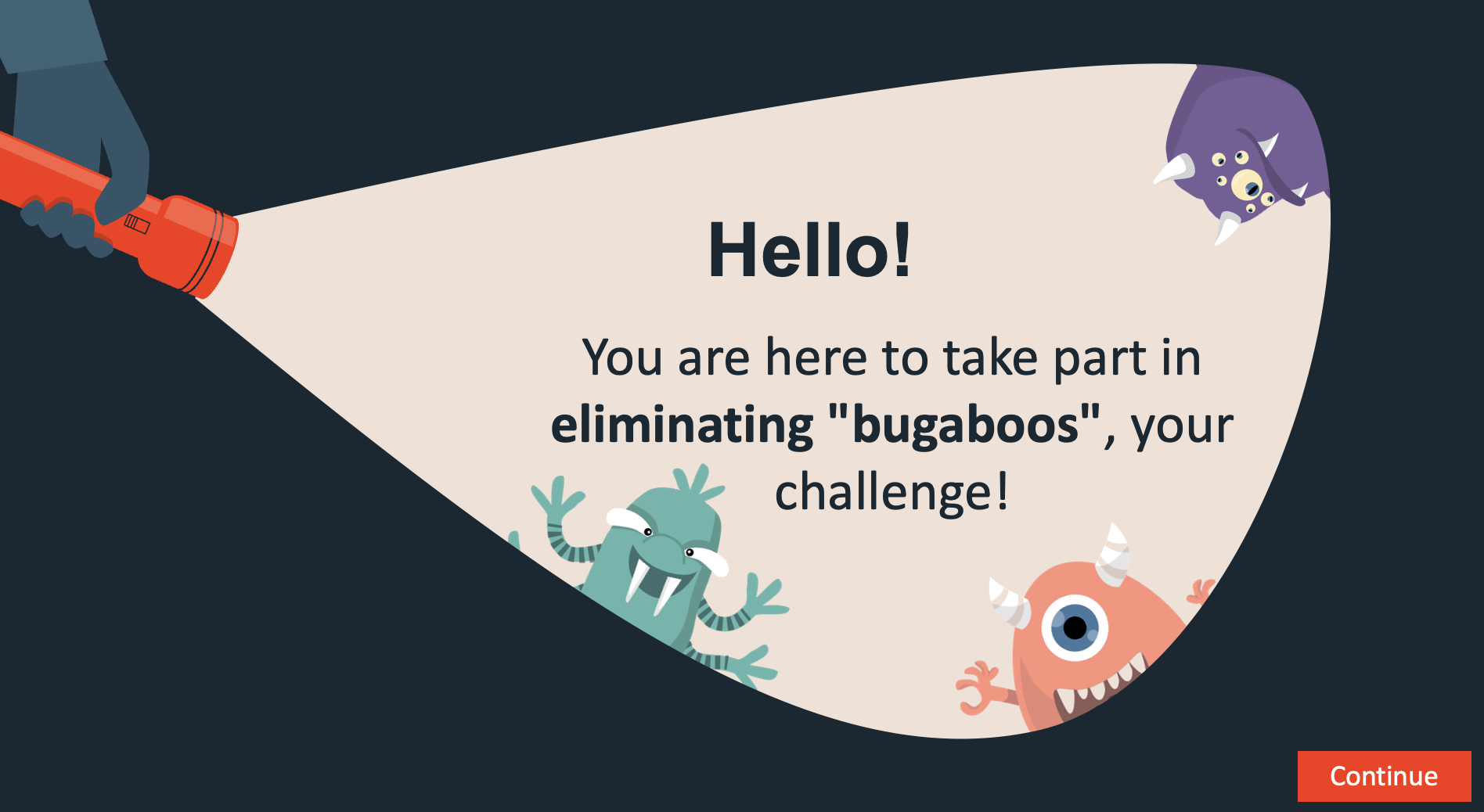Emotional intelligence is a critical factor in achieving success within organisations. It is not just about employees’ technical skills or education, but also about their ability to manage their emotions and connect with others on an emotional level. A person’s level of emotional intelligence can be a determining factor in their ability to lead effectively.
The great news is that emotional intelligence is a skill that can be improved and strengthened at any stage of life. Emotional intelligence comprises multiple components: self-awareness, emotion management, motivation, empathy, and social skills. Enhancing these elements can boost an individual’s emotional intelligence, leading to better performance and outcomes in the workplace.
Therefore, individuals and organisations must invest in developing emotional intelligence to enhance their effectiveness and overall success. By cultivating emotional intelligence, individuals can become more self-aware, manage their emotions better, and develop stronger relationships with their colleagues. This, in turn, can lead to a more productive and fulfilling work environment for everyone involved.
The great news is that emotional intelligence is a skill that can be improved and strengthened at any stage of life. Emotional intelligence comprises multiple components: self-awareness, emotion management, motivation, empathy, and social skills. Enhancing these elements can boost an individual’s emotional intelligence, leading to better performance and outcomes in the workplace.
Therefore, individuals and organisations must invest in developing emotional intelligence to enhance their effectiveness and overall success. By cultivating emotional intelligence, individuals can become more self-aware, manage their emotions better, and develop stronger relationships with their colleagues. This, in turn, can lead to a more productive and fulfilling work environment for everyone involved.

The power of self-awareness in preventing burnouts
Self-awareness is an important aspect of emotional intelligence that can prevent burnout in the workplace. By better understanding ourselves, our emotions, and our reactions to various situations, we can improve our work and personal relationships.When we are self-aware, we can look at everyday situations from different angles, find new solutions, and communicate more effectively with others. This helps us to become more productive and efficient in our work, and also builds stronger relationships with our colleagues.
In addition to preventing burnout, self-awareness can also lead to greater job satisfaction and a sense of fulfillment in our work. When we know our strengths and weaknesses, we can focus on developing our strengths and seeking help with our weaknesses. This allows us to work more effectively and feel more confident in our abilities.
Furthermore, self-awareness can help us to manage our emotions more effectively, which is crucial in high-pressure situations. By recognizing our emotions and triggers, we can respond calmly and collectedly, even in stressful situations. This can help to diffuse conflicts and maintain a positive work environment.
Ultimately, self-awareness is an important skill for anyone who wants to succeed in the workplace. It allows us to take control of our emotions, communicate effectively with others, and work more efficiently and productively. By developing our self-awareness, we can prevent burnout, build stronger relationships, and achieve greater career success.
The benefits of managing your emotions at work
The ability to control your emotions is known as emotional regulation or emotional self-regulation. It refers to the ability to manage and regulate emotions healthily and adaptively, rather than allowing them to dictate behavior or become overpowering.The ability to control your emotions is essential in the workplace for several reasons:
-
• Effective communication:
Emotions can affect how we communicate with others. Regulating one’s emotions can help individuals to communicate effectively and professionally, avoiding conflicts or misunderstandings.
• Building relationships: The workplace is a social environment where building positive relationships with colleagues and clients is vital. Emotional regulation can help individuals to manage their emotions during challenging interactions, maintain composure, and build rapport with others.
• Conflict resolution: Conflict is inevitable in the workplace. However, individuals skilled in emotional regulation are better equipped to manage conflicts constructively, find mutually beneficial solutions, and maintain positive relationships with others.
• Decision-making: Emotions can cloud judgment and decision-making. By regulating their emotions, individuals can approach decisions more objectively and rationally, resulting in better outcomes.
• Stress management: The workplace can be a stressful environment, and emotional regulation can help individuals to manage stress effectively, avoid burnout, and maintain overall well-being.
How emotional intelligence boosts self-motivation in the workplace
A self-motivated employee is driven to achieve their goals and perform well in their job with no constant direction or supervision from others. They take the initiative and responsibility for their work and will go above and beyond what is required of them to produce high-quality results.Motivation and emotional intelligence are closely linked, as emotional intelligence can play a crucial role in driving and sustaining motivation. Emotional intelligence is the ability to recognize, understand, and manage own emotions and the emotions of others. A person with high emotional intelligence can better understand their motivations and those of others, which can help them stay focused and motivated toward their goals.
For example, a person with high emotional intelligence may be better able to recognize when feeling demotivated or burnt out, and try to address these feelings before they become overwhelming. They may also better understand the motivations of their colleagues and use this to work collaboratively and effectively towards a shared goal.
Additionally, emotional intelligence can help foster positive relationships and create a supportive work environment, promoting motivation. When employees feel valued, supported, and understood, they are more likely to be engaged and motivated in their work.
Building a more positive and supportive workplace with empathy
Empathy is a crucial aspect of any workplace environment. It involves understanding and sharing the emotions and perspectives of others, including colleagues, clients, and customers. By putting oneself in another person’s shoes, recognizing their experiences and emotions, and responding in a supportive and compassionate manner, empathy can create a positive and productive work environment for all involved.For instance, if a colleague is going through a tough time outside of work, responding with empathy can make a huge difference. By listening to their concerns, offering support, and working together to manage their workload, you show you understand their challenges and are willing to help. This support can boost your colleague’s performance and create a more positive atmosphere at work.
To help learners develop their empathy skills, our team and partners Gijos MB, have created an e-learning course called ‘Bugaboos’. This course provides a comprehensive understanding of empathy and practical strategies for applying it in various workplace situations. Through interactive lessons, case studies, and quizzes, you will learn how to recognize emotional crises in others, practice active listening and empathetic speaking, and manage your own emotions during difficult situations.
By completing our empathy course, you will gain the confidence and skills needed to be a more effective communicator, team member, and leader. In this way, you will be better equipped to handle challenging situations, resolve conflicts, and create a supportive and positive workplace environment.


Building strong professional relationships through social skills
Social skills are a crucial component of emotional intelligence in the workplace. They refer to a person’s ability to communicate effectively with others, build relationships, and collaborate towards common goals. Socially skilled individuals are experts at reading social cues, adapting their communication style to suit different situations, and constructively resolving conflicts.Social skills are particularly important in a workplace setting because they enable individuals to work effectively with others, form strong professional relationships, and ultimately achieve better outcomes. For example, a salesperson with strong social skills can build rapport with clients, understand their needs, and ultimately close more deals. Similarly, a project manager
with strong social skills can communicate effectively with team members, delegate tasks, and foster a positive and productive work environment.
Social skills are closely tied to emotional intelligence because they involve the ability to understand and manage one’s own emotions and the emotions of others. Individuals with high emotional intelligence can recognize their emotional triggers and manage their reactions in a constructive and productive way. They are also able to read the emotional cues of others and respond in a way that is empathetic and supportive.
Overall, social skills are an important aspect of emotional intelligence in the workplace. By developing strong social skills, individuals can communicate effectively, build relationships, and achieve better outcomes. This benefits not only the individual but also the team and the organisation as a whole.
Conclusions
Organisations strive for work efficiency, which can be accomplished only when the overall well-being of employees is considered. A positive emotional environment at work can reduce stress and increase work productivity, while simultaneously promoting the safety and health of employees. In the end, this benefits not only employers and employees, but also society.Share this post on social media:

